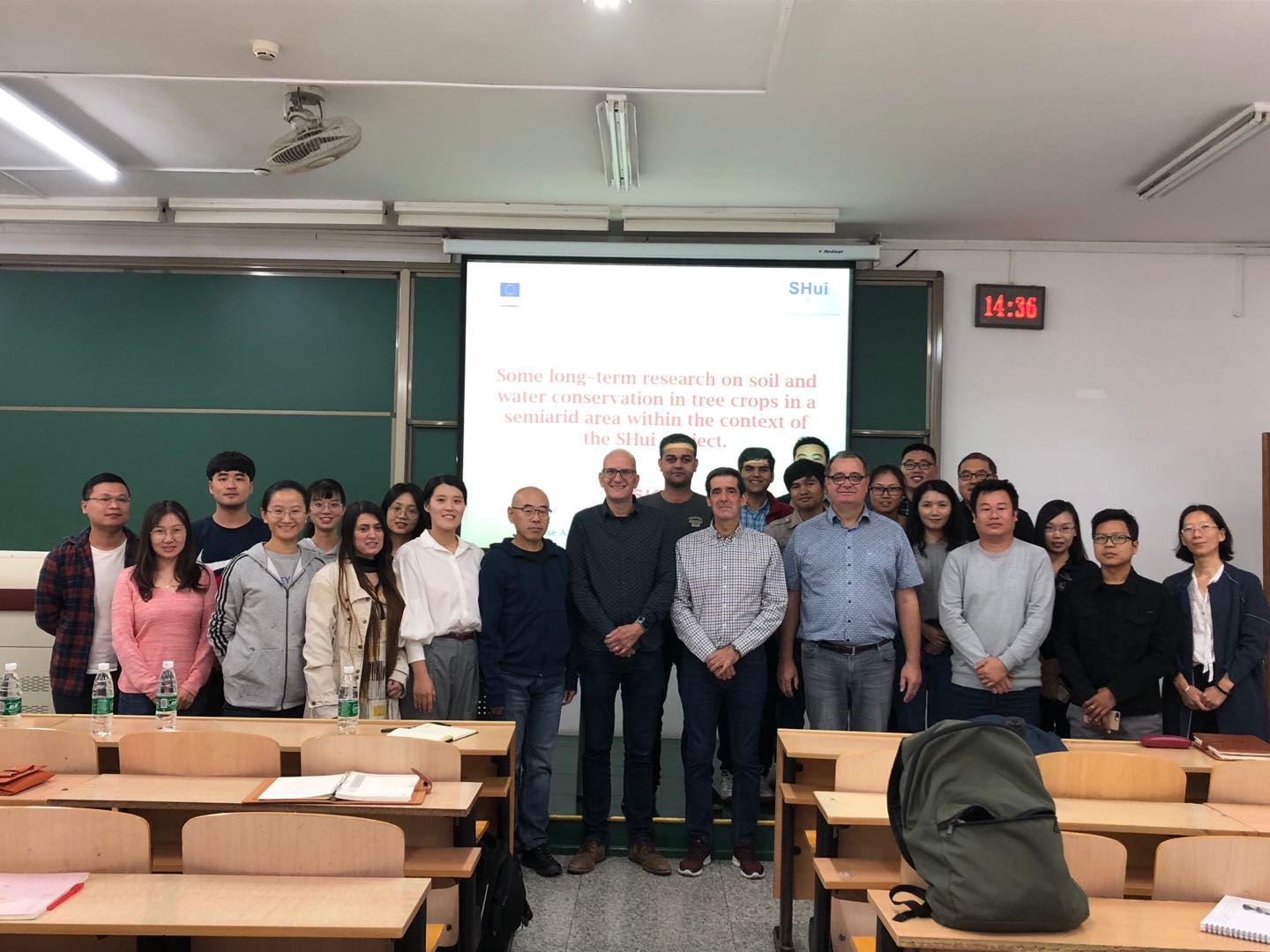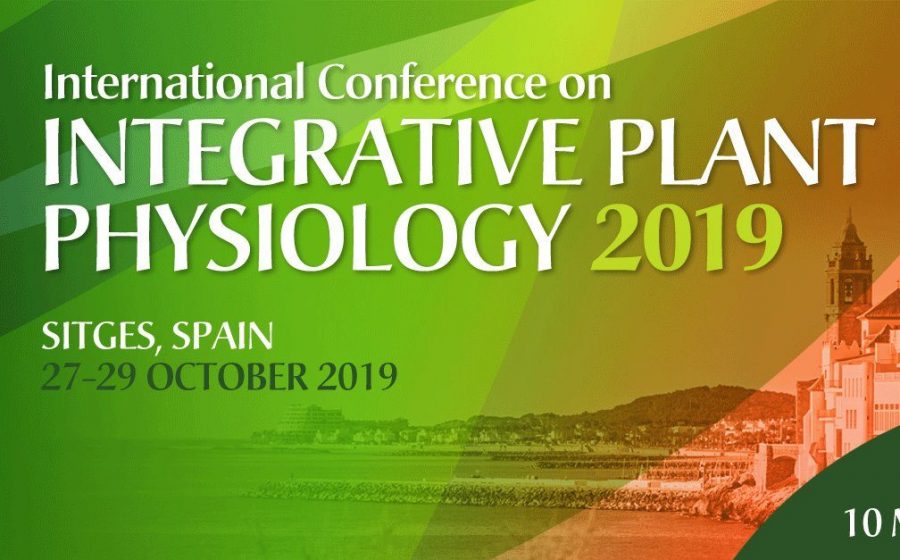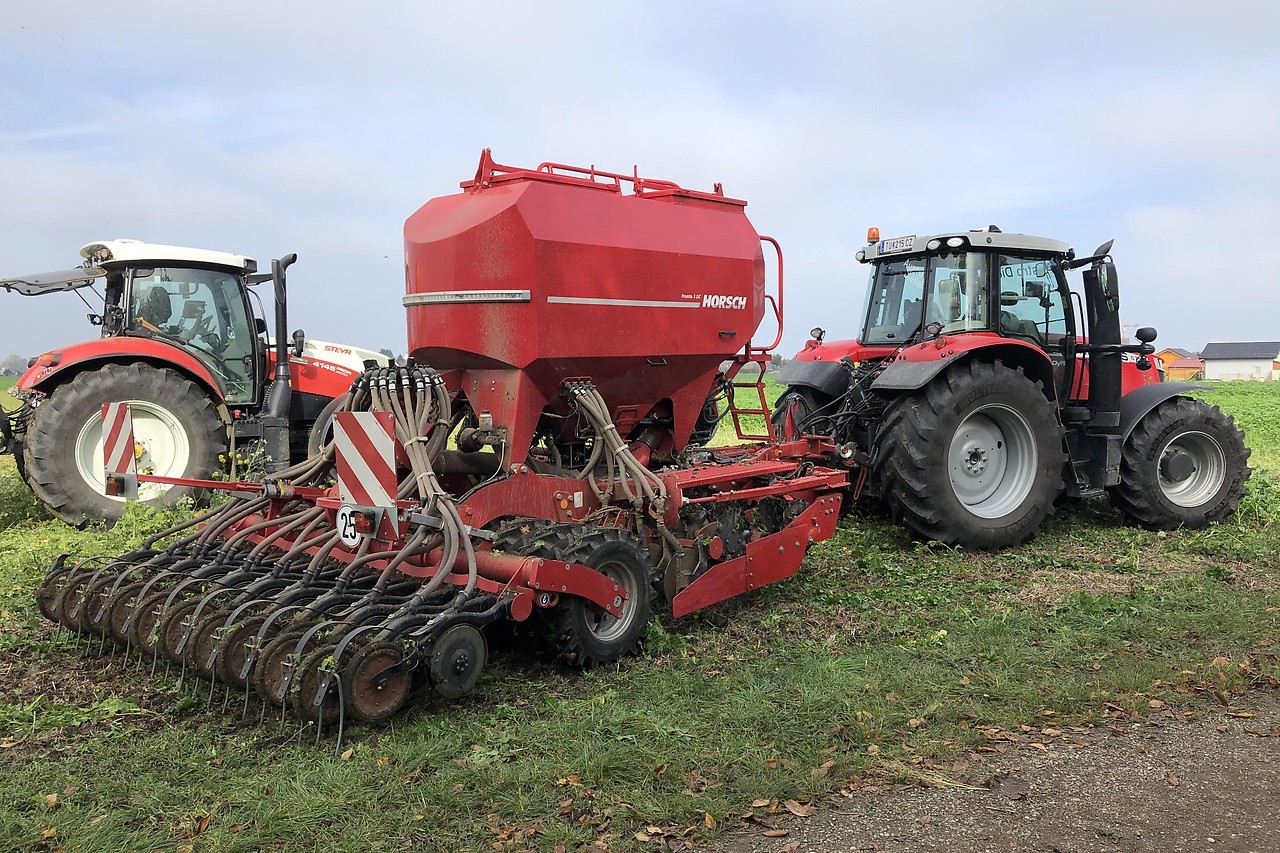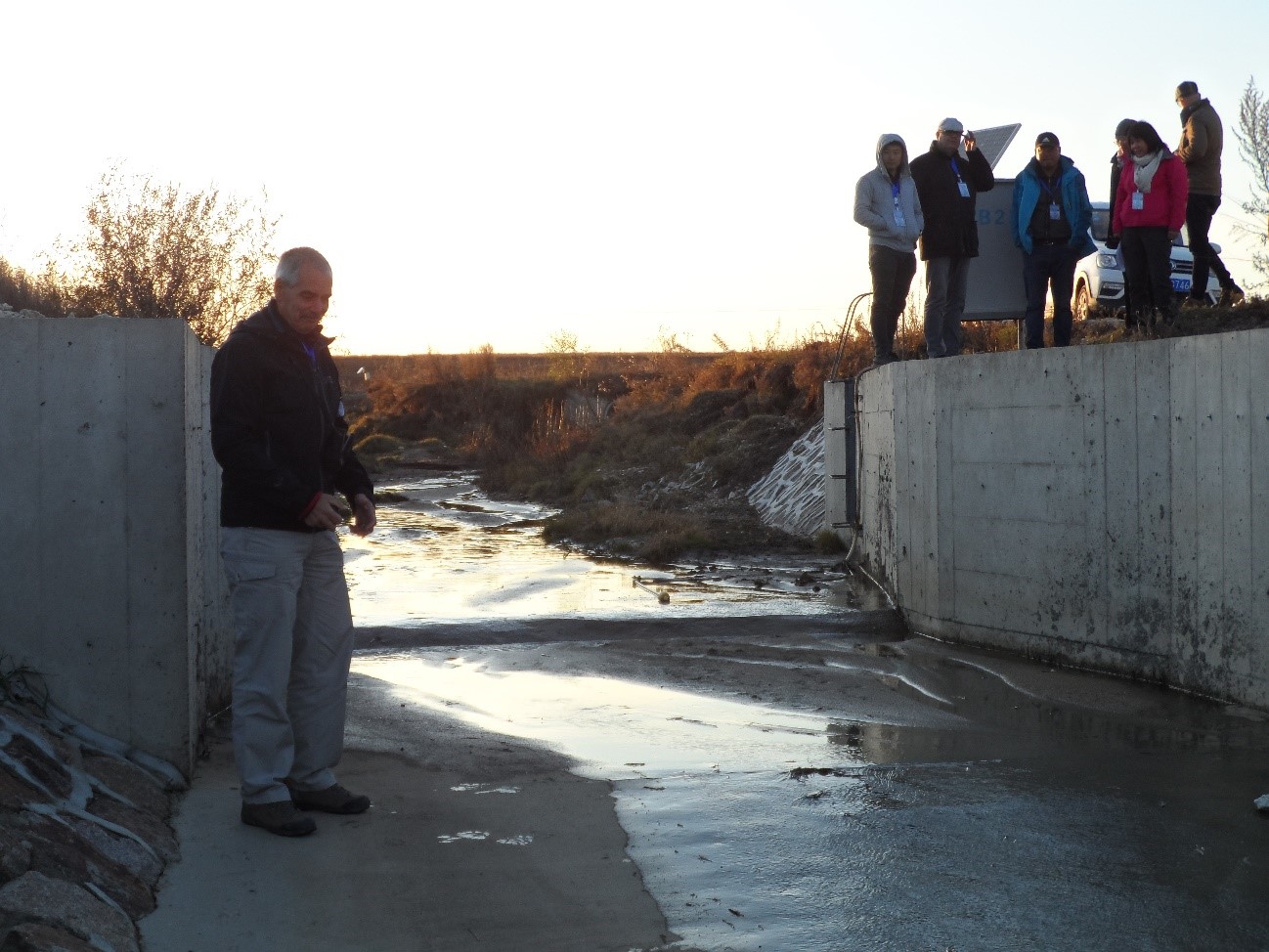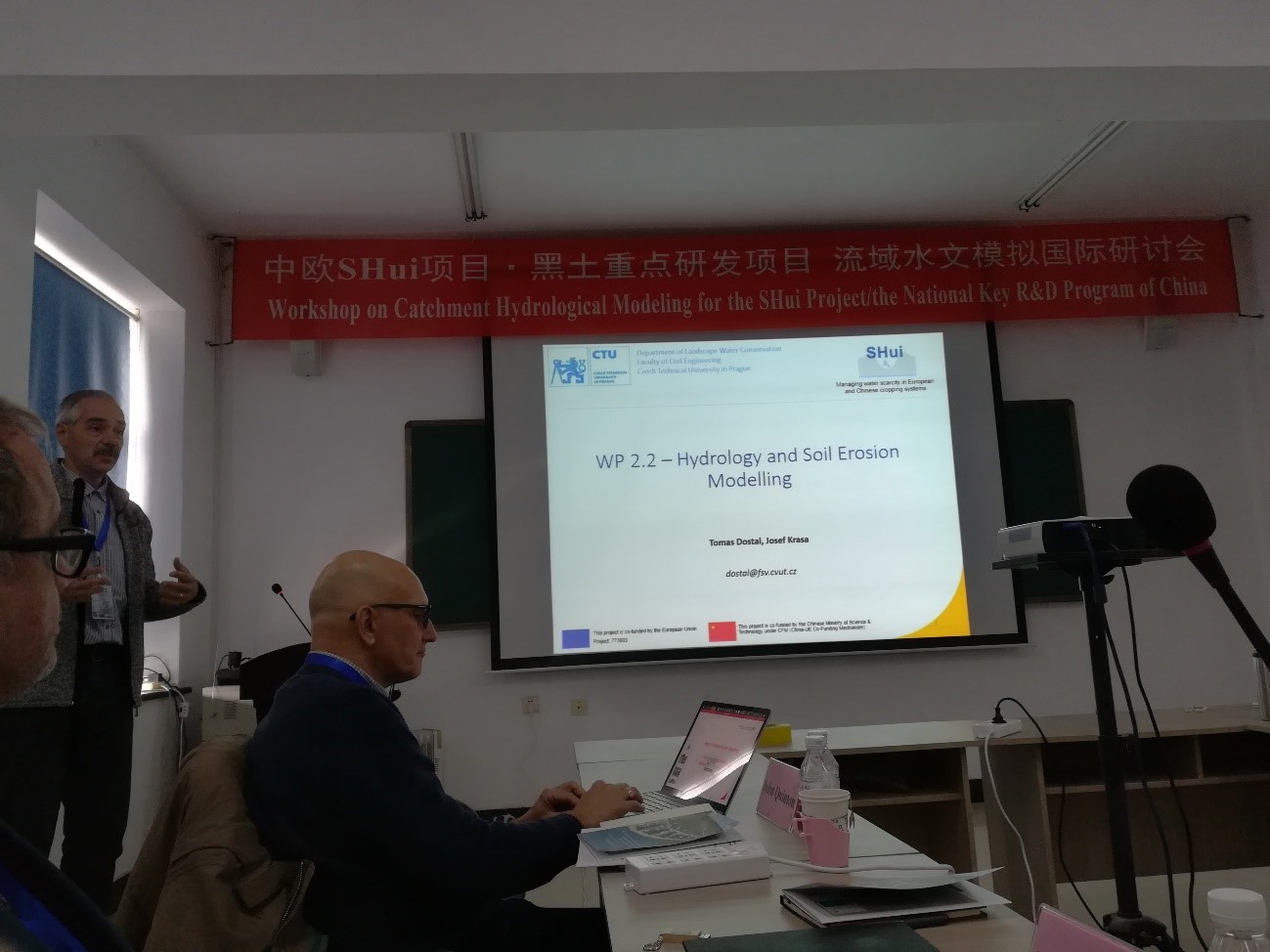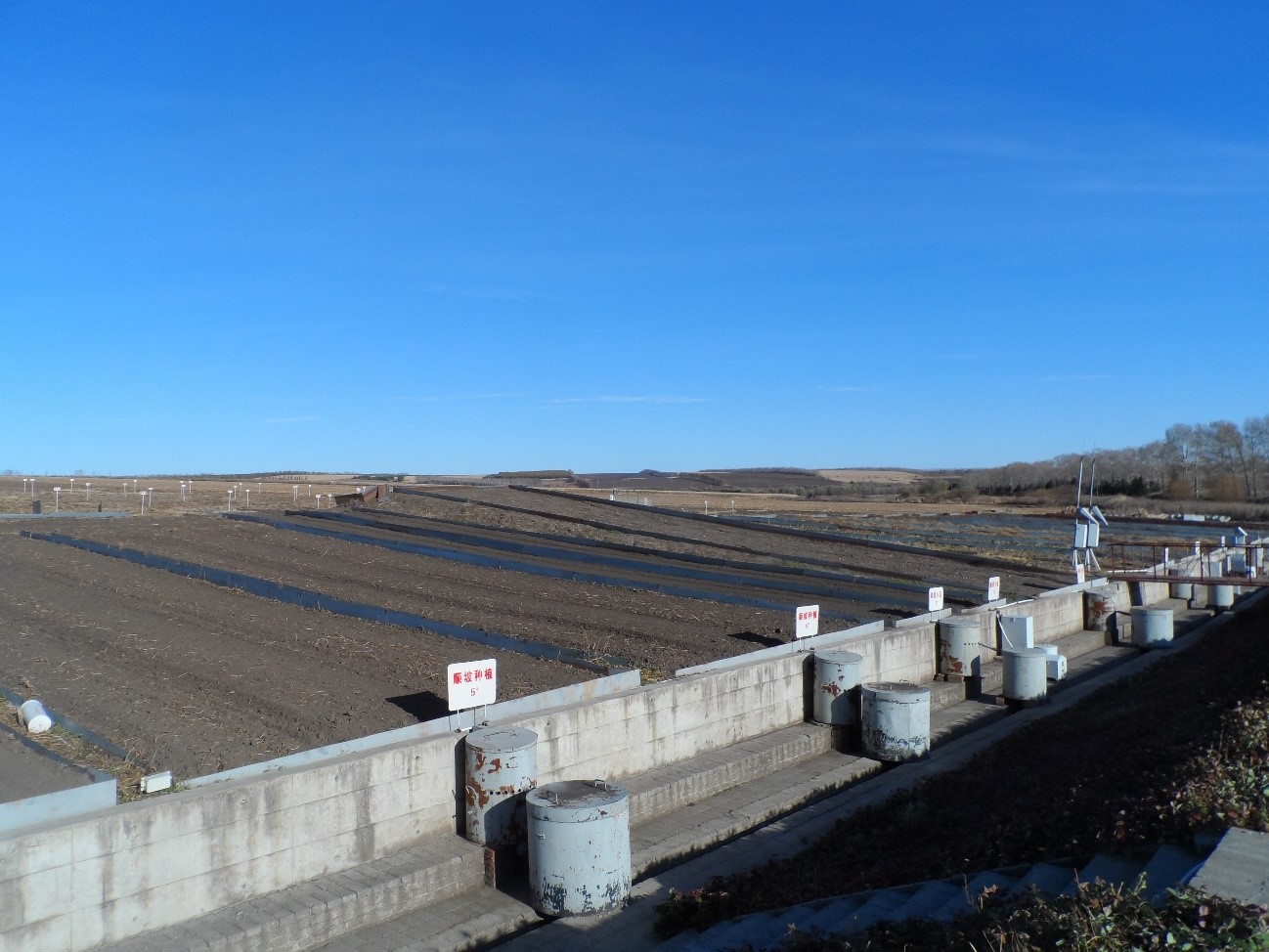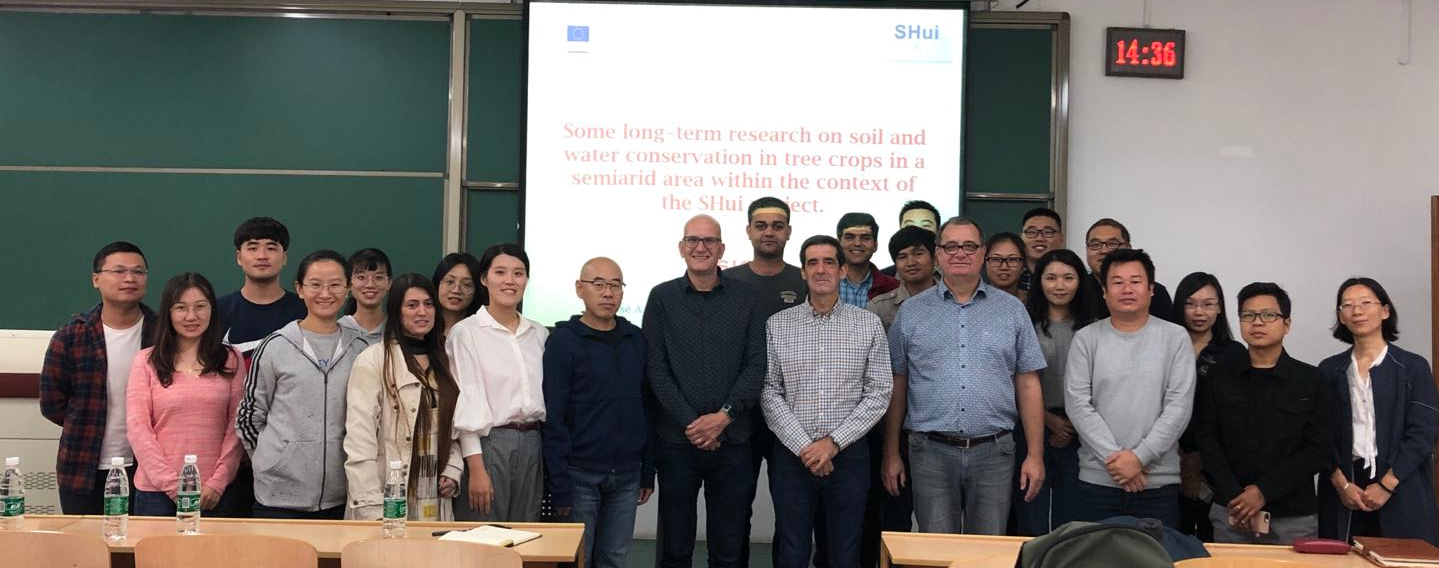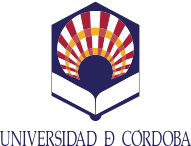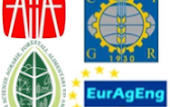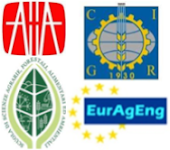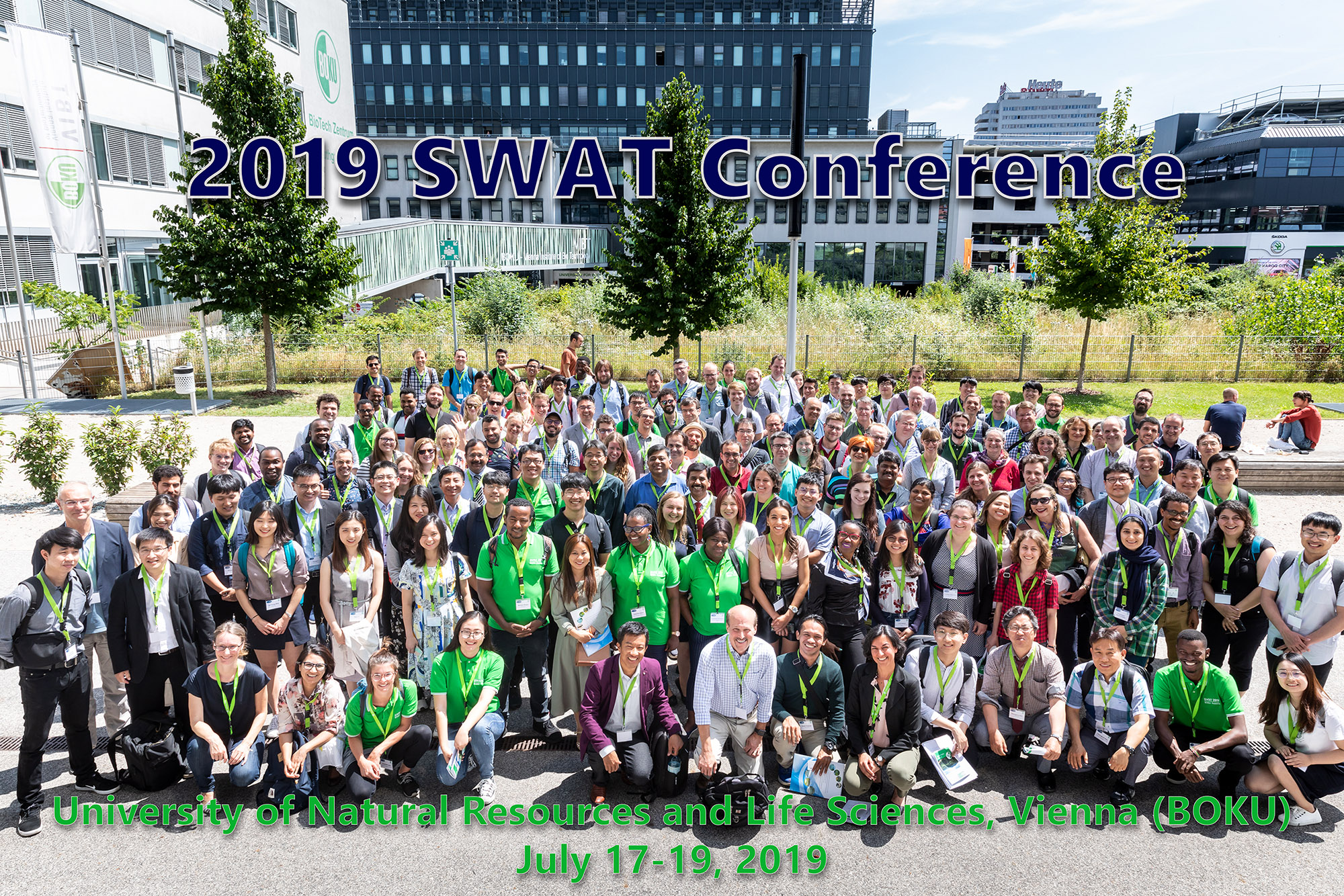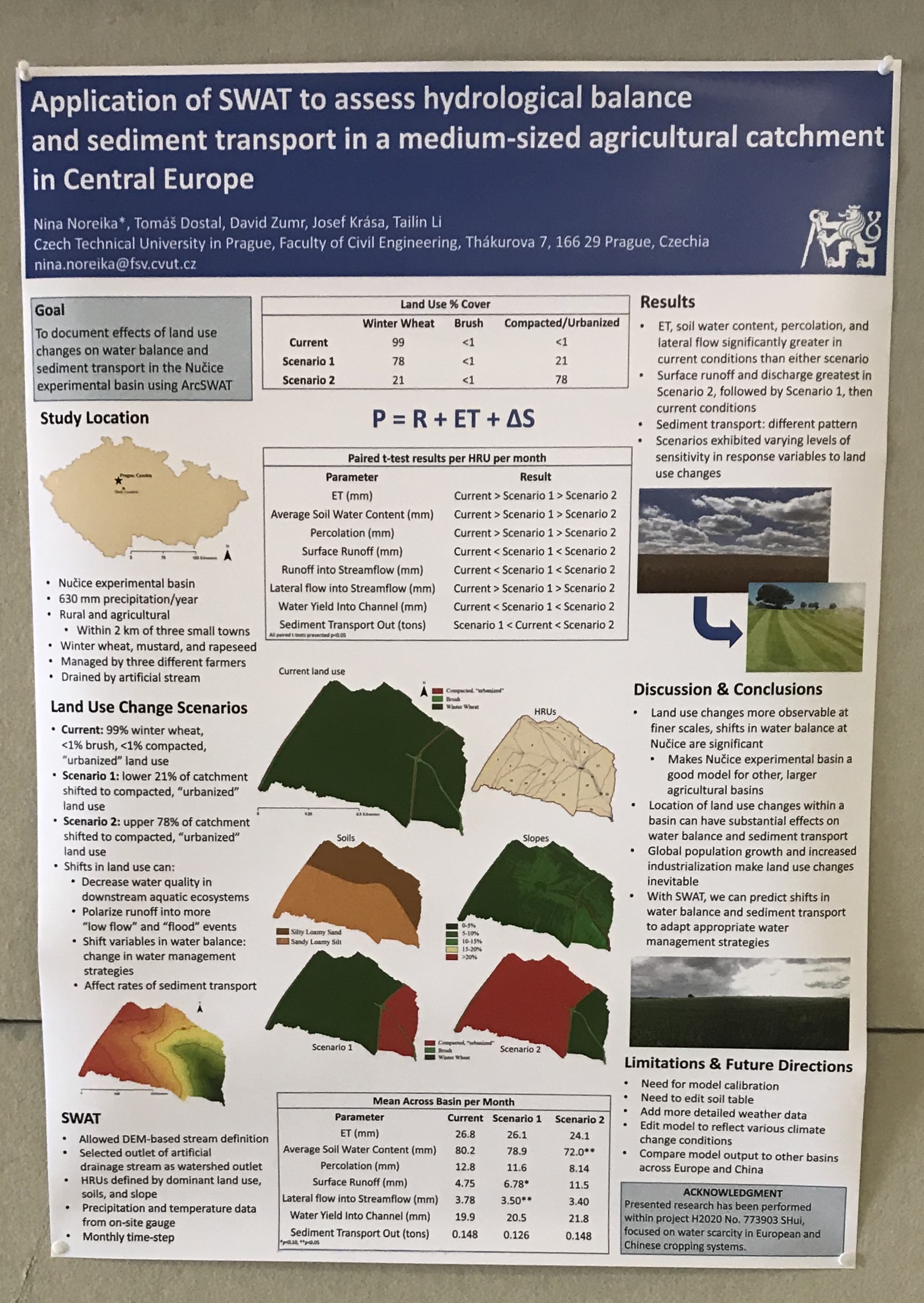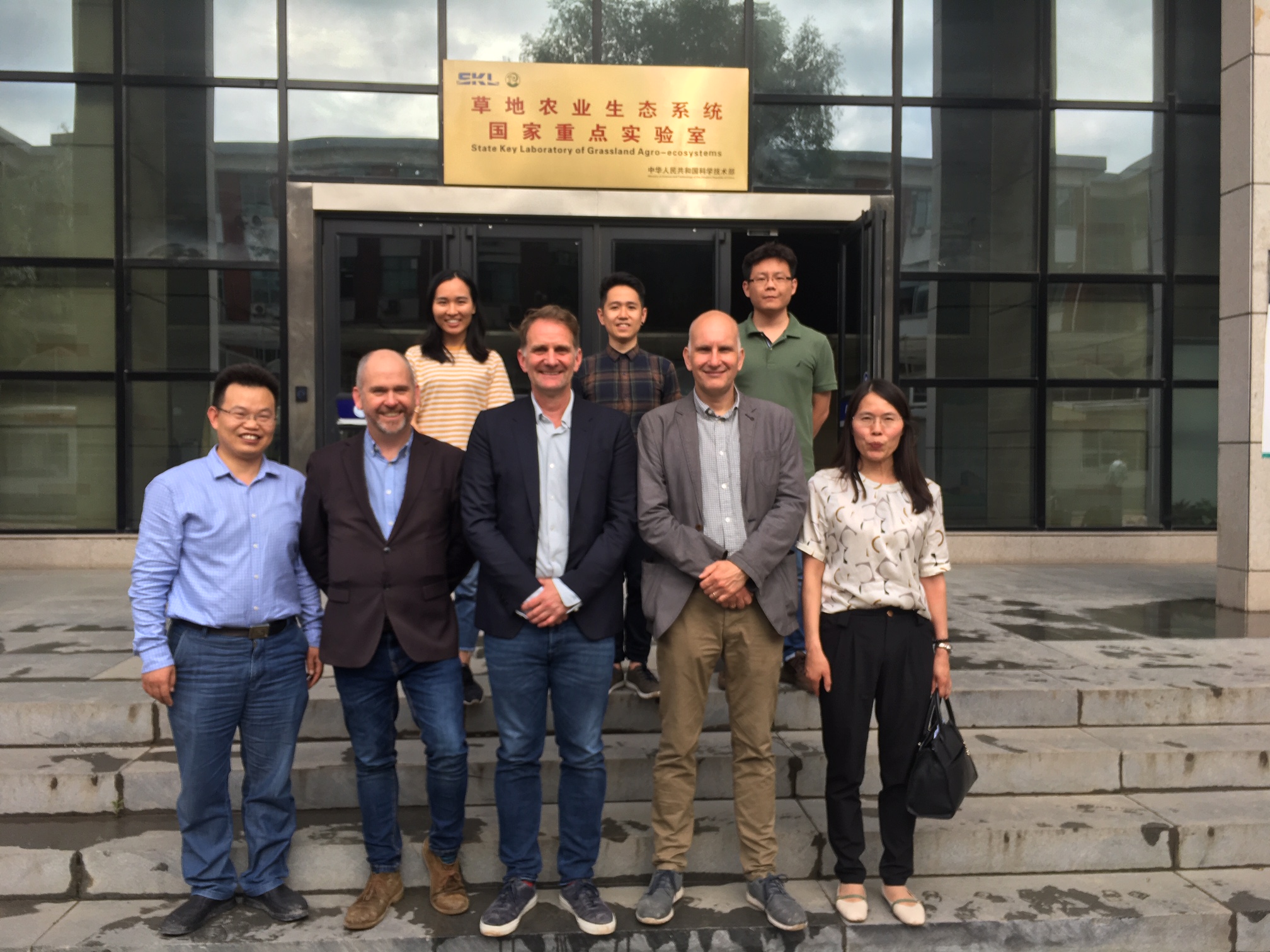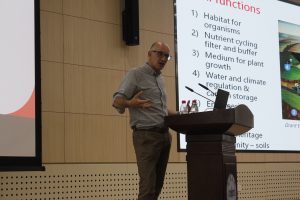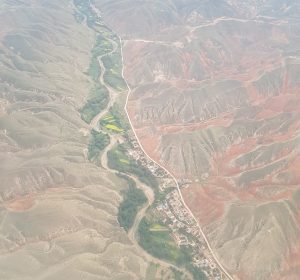On October 11th, BFU organised a seminar with SHui project researchers on soil management and its relationship with agricultural production at Beijing Forestry University in China.
Work in the Shui project is trying to understand how soil redistribution by tillage and erosion affects the availability of water to crops and their yield, and particularly whether yields are more sensitive in drought years.
Dr. Jose A. Gomez from CSIC, the project leader, introduced SHui to BFU researchers and students and presented his long-term olive orchard research. Results showed temporary cover crops, from Autumn to early Spring, can reduce erosion by one order of magnitude in olive orchards as compared to bare soil management, however they need to be carefully managed to prevent competition for soil water.
Prof. John Quinton (Lancaster University) delivered his research on soil erosion and its implications on agricultural production. Work with the Aquacrop model showed a significant simulated impact on water availability and yield following soil redistribution by tillage.
Prof. Peter Strauss (Federal Agency for Water Management Austria) shared his research on the influence of rainfall characteristics on soil erosion through his presentation titled ‘Climate change effects on rain erosivity, soil erosion and runoff flowpaths’.
Students also presented their current research and received helpful feedback.
This seminar showed students the methodological and conceptual frontiers in the study of soil management. Students were lead to think about the multidimensional implication of this area in our current world.
This seminar provided early-career researchers training and facilitated knowledge exchange among partners within the SHui project and beyond.
